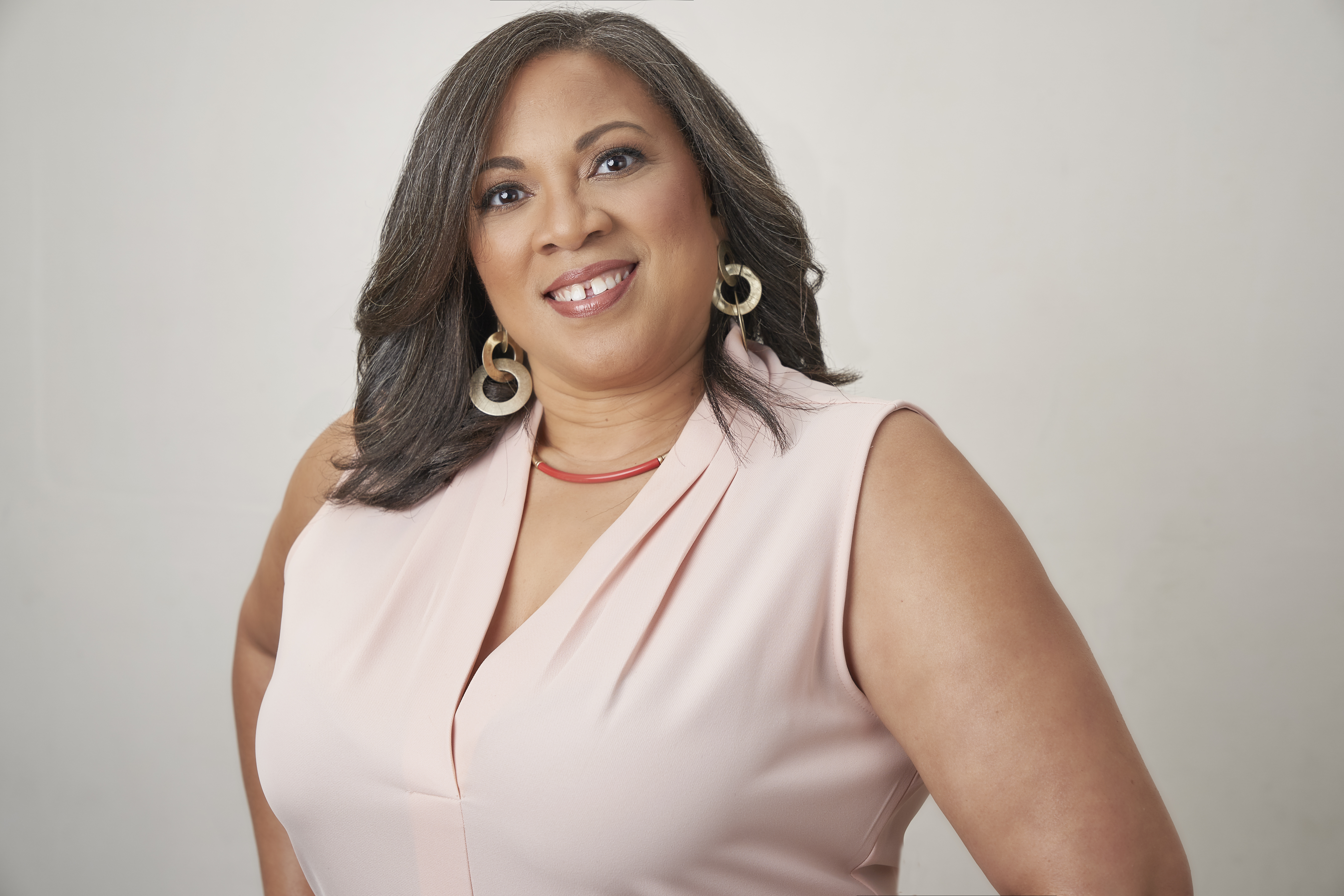
Source: Shalom Ormsby Images Inc / Getty
Having some passive income is the dream, right? Knowing that you’ll have to work hard for every single dollar is enough to make you need a nap. At the very least, you want to know you can retire one day. Even if you have to work hard until then, it’s important for your mental wellness to know that that day is coming. There are many ways to make that happen, like through contributing to a 401K or a Roth IRA. You can invest in the stock market, and research has found that over half of Americans do have some investment in the stock market. But should you be hanging your hopes of retirement on the stock market? Any good financial planner will tell you to diversify, and one great way to do that is to buy real estate if you can.
Real estate can give you two types of income: future income (when you sell it), and passive income today if you rent out your property. Those who count on just the stock market for retirement can have their fate in luck’s hands. Think of all the individuals who hope to retire during the years when the stock market tanks. Pulling their funds then would mean a financial loss. They had no choice but to keep on working. Meanwhile, if you have property, no matter what it’s financially valued at, it will always offer you the value of a place to live. And the real estate market doesn’t directly correlate with the stock market. You can see home buying booms in the middle of stock market plummets. If you’ve considered all of this and decided to buy a property as part of your retirement portfolio, there are some specific factors to consider and numbers to run. We spoke with Leneiva Head (below) of Welcome Home Realty and she told us what to consider when buying an investment property for your retirement.

Source: unknown / na
Start from the end
“It’s something you back into a little bit, because you identify what you want your portfolio to look like, and then start addressing property matters relative to that,” Head explains. “For example, investors will often accumulate properties. They may be multi-family properties, which tend to create a higher return yield because you’ve bought one building that may have several units in it. If you’ve mortgaged it, you have that one payment but you’re getting multiple payments. One of those units is covering your expenses, the others are passive income. Of course, some of that passive income is set aside for maintenance type issues, but for the most part, it’s going to allow the opportunity to get your property paid for and start creating a decent amount of passive income.”










